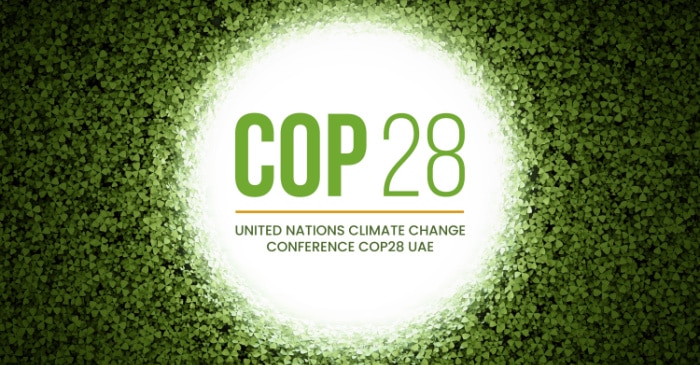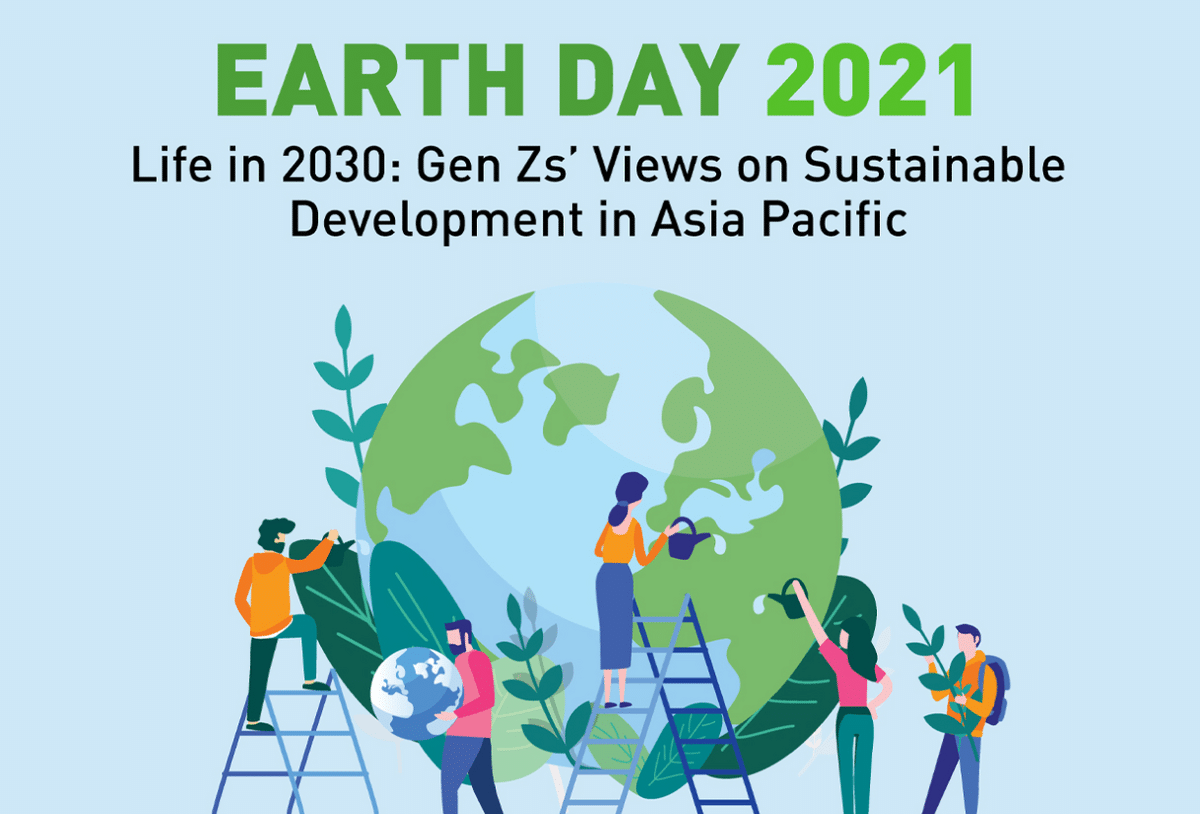
DEI & Communications: Language Matters

AI in Healthcare
The Half-Way Mark: What Can We Expect from COP28?
December 2023

By Reena Mavjee, a Senior Account Manager of Sandpiper based in Singapore. Reena specialises in Environmental, Social, Governance (ESG) advisory and investor communications. She works across a range of sectors including energy and environment, infrastructure, technology, and financial services , helping clients develop robust and credible ESG and sustainability frameworks, strategies, implement programmes, communications and thought leadership.
The 28th session of Conference of Parties (COP28) has arrived, marking two weeks of negotiations aimed at bringing our world a step closer to net zero. For the first time, COP will be held in the Arabian Peninsula, a region that holds the potential to play a pivotal role in global decarbonisation. The conference may also shed light on how its leaders envision their role in this process.
This year is significant as the midpoint between the 2015 Paris Agreement (COP21) and 2030, the point when governments worldwide are expected to achieve a 45% reduction in carbon emissions, in hopes to keep the 1.5°C target alive, despite disappointing data on progress.
Against this backdrop, what can observers expect to hear at the conference?
Will the conclusions of the Global Stocktake accelerate climate action?
The Paris Agreement’s Global Stocktake process is designed to assess the global response to the climate crisis every five years, with the first-ever Stocktake to conclude at this year’s conference. The key findings of the inaugural Stocktake released in a Synthesis Report in September, showed that the world is significantly off-track to meet the targets of the Paris Agreement and emphasised the closing window of opportunity.
With global efforts in mitigating climate change lagging, COP28 discussions will focus on how governments can leverage the Stocktake’s findings to prepare more ambitious climate action plans to keep 1.5°C within reach.
Phasing out or phasing down of fossil fuels
The most challenging talks at the conference will centre around the future role of fossil fuels and whether countries should commit to start phasing out their usage. A number of organisations, politicians and business leaders are gauging COP28’s success based on whether an agreement is reached to phase out all fossil fuels.
At COP26, countries agreed to phase down the use of coal. The following year, at COP27 in Egypt, over 80 countries backed a proposal to stop using fossil fuels – but no global agreement was reached. Supporters of efforts to phase out fossil fuels have strived for an agreement to phase out the use of not just coal, but also oil and gas by 2050.
A recent UN report states that, at current rates, global coal production is set to increase until 2030, with oil and gas production set to rise until at least 2050. This would place the 1.5°C target firmly out of reach, with catastrophic affect. Transformative actions would therefore required over the next decade to completely phase out fossil fuel production.
Proponents of a phasing down approach to fossil fuel usage argue for slow reduction in the usage of coal, oil and gas with the simultaneous building up of carbon capture and storage (CCS), meaning that we will continue to burn fossil fuels as part of our energy mix in 2050.
Ambitious outcomes that swiftly accelerate climate action are necessary to show real and urgent commitment to reducing fossil fuels by the COP28 presidency.
A pivotal moment for climate finance
Achieving a consensus on addressing climate finance is high on the conference agenda. It is estimated that over US$4.3 trillion in annual climate-related finance flows is required by 2030 to reach 2050 net zero emissions targets.
Mobilising capital into clean energy sectors such as solar and wind power, modernising grid infrastructure and scaling electric vehicle infrastructure at pace will require huge efforts from both the public and private sectors.
Shortfalls in clean energy investment remain largest in developing economies. Developed nations have so far fallen short of commitments to transfer US$100 billion in climate finance annually to developing economies. Seeing whether wealthy nations come to COP28 equipped to address funding gaps will be key.
Tripling renewable power capacity by 2030
Boosting the share of renewable energy, quickly, is a key goal of COP28. The COP28 presidency has been actively rallying parties towards a pledge to triple global renewable energy capacity by 2030. If successfully endorsed, such a commitment would put renewable energy centre of global efforts to address climate change.
Tripling renewable power capacity will not be easy. According to a report by BloombergNEF, the last tripling of renewable power, between 2010 and 2022, took 12 years and the next will need to take eight.
Individual countries will have to decided how they will be able to contribute to this target. For early adopters of renewable power including Europe, Japan and China tripling of renewable energy capacity by 2030 would align with a net-zero pathway, according to BloombergNEF, but this will not be sufficient in regions such as Southeast Asia which require a steeper trajectory away from fossil fuels.
How to finance the energy transition, particularity in developing economies, will also be central to discussions.
Turning methane pledges into action
The conference will also place spotlight on countries to turn their methane pledges into action. Since 2021, more than 150 countries have promised to cut their methane emissions by 30% by 2030 versus 2020, under the Global Methane Pledge. However, few have detailed how this will be achieved.
Methane is almost 30 times as potent as carbon dioxide at trapping heat in the atmosphere and countries will be under pressure to showcase how they plan to realise their methane reduction targets.
It is hoped that by turning methane reduction ambitions from pledges into legally binding agreements, through the COP28 Near Zero Methane Action Agenda, for example, will lead to more immediate impacts on limiting climate change.
Inaugural Health Day
Climate change has evolved beyond being an isolated environmental concern; it now poses extensive implications for human health. The inaugural ministerial-level Health Day at COP28, scheduled for 3 December, is dedicated to addressing the intersection between climate change and healthcare.
The day is slated to highlight the fragility of global public health systems and the urgent need to invest in and adapt these so they are more resilient in the face of climate change. While non-legally binding, the signing of a health declaration at the summit will be the first official steps forward in acknowledging the potential for profound health implications as a result of climate change.
If you want to receive insights throughout COP28 and join the climate conversations, contact Sandpiper’s ESG Advisory team. Our new suite of COP28 Services aims to help navigate and collectively drive forward the global climate and sustainability agenda.




